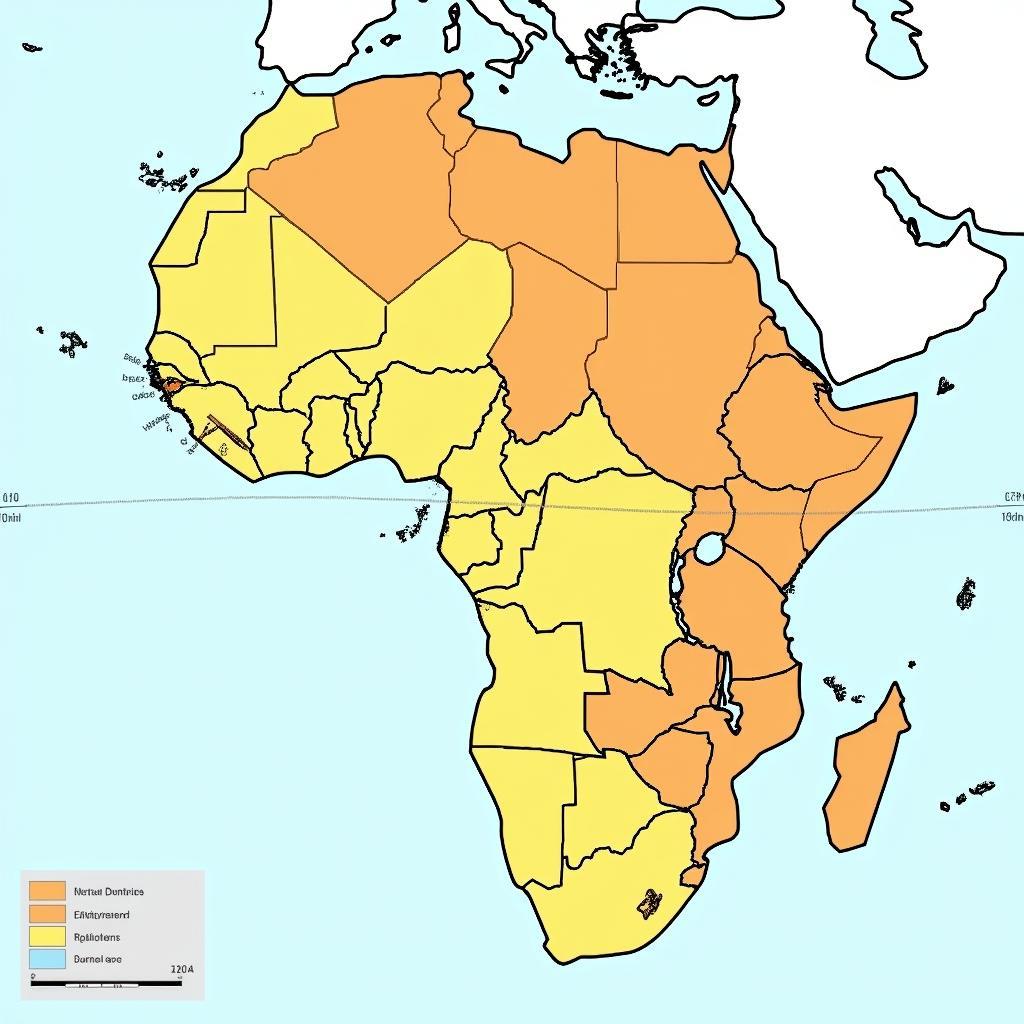The African Diaspora and the World: A Tapestry of Culture, Influence, and Resilience
The African diaspora, a global phenomenon that has shaped the world’s cultural landscape, is a testament to the enduring spirit and resilience of African people. Spanning continents and generations, the diaspora tells a story of forced migration, cultural adaptation, and the profound impact of African heritage on diverse societies. This article delves into the multifaceted history, influence, and cultural contributions of the African diaspora, exploring how it has interwoven with global trends and shaped the world we live in today.
A Legacy of Forced Migration and Cultural Preservation
The African diaspora is primarily rooted in the transatlantic slave trade, a brutal chapter in human history that forcibly uprooted millions of Africans from their homelands and transported them to the Americas, Europe, and other parts of the world. This displacement had a profound impact on the lives of Africans, leading to the loss of cultural heritage, family ties, and a deep sense of dispossession. Despite these hardships, African people displayed remarkable resilience and ingenuity, preserving elements of their culture amidst the trials of captivity.
Echoes of African Culture: Music, Art, and Language
The echoes of African culture are evident in the vibrant expressions of music, art, and language that have emerged within the diaspora. From the infectious rhythms of Afro-Latin music to the soul-stirring melodies of African American gospel, music has been a powerful medium for transmitting cultural values and preserving identity. Similarly, African art forms, like quilting in the United States, have been reimagined and transformed, reflecting the resilience and adaptability of diasporic communities. The influence of African languages, like Swahili and Yoruba, can be observed in the vocabulary and linguistic structures of languages like English, Spanish, and Portuguese.
The Impact of the Diaspora on Global Politics and Social Justice Movements
The African diaspora has also played a pivotal role in global politics and social justice movements. From the struggles for civil rights in the United States to the fight for independence in African nations, diasporic communities have been at the forefront of advocating for equality, justice, and self-determination. The collective experiences of the diaspora have fostered a strong sense of solidarity and a shared commitment to dismantling systemic inequalities.
The Future of the African Diaspora
The African diaspora continues to evolve, adapting to new challenges and opportunities in a rapidly changing world. As the world becomes increasingly interconnected, the diaspora is bridging cultural divides and fostering a deeper understanding of African heritage. The global impact of the diaspora extends beyond artistic expressions, political movements, and social justice campaigns. It also encompasses economic contributions, technological innovations, and the influential voices of diasporic communities on global platforms.
FAQ
Q: What are some of the key challenges faced by the African diaspora today?
A: Some of the key challenges faced by the African diaspora today include ongoing racial and ethnic discrimination, economic disparities, cultural assimilation pressures, and the need to address the legacies of colonialism and slavery.
Q: How can I learn more about the history and culture of the African diaspora?
A: There are numerous resources available to learn more about the African diaspora. You can explore books, documentaries, museums, and online platforms that delve into the history, culture, and contributions of diasporic communities worldwide.
Q: What are some examples of how the African diaspora has influenced global culture?
A: The African diaspora has had a profound impact on global culture. Some examples include the influence of African rhythms in music genres like jazz, salsa, and reggae; the incorporation of African motifs in fashion and design; and the prevalence of African-inspired cuisine in various parts of the world.
Q: What are some ways that individuals can contribute to supporting the African diaspora?
A: Individuals can contribute to supporting the African diaspora by educating themselves about its history and culture, engaging with diasporic communities, advocating for social justice, and supporting organizations that work to address the challenges faced by diasporic communities.



